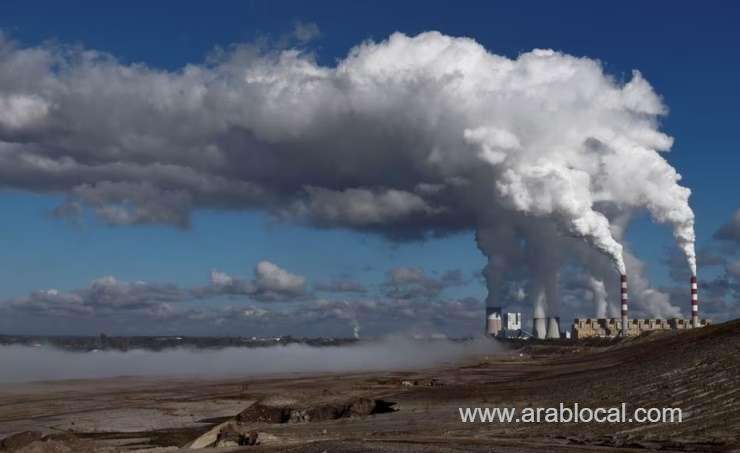
Expectations for Poland's Clean Energy Transition May Face Challenges, Regardless of Election Outcome
Exit polls suggesting that Poland's pro-European Union Civic Coalition, led by former European Council president Donald Tusk, is poised to form the next government have raised optimism among climate advocates. However, the pace of Poland's transition to cleaner energy policies may not align with the fervor for swift change, even with a change in political leadership.
One reason for this more measured transition is that Poland has already made significant strides in cleaning up its electricity generation mix in recent years. Between 2018 and 2022, the country increased clean electricity supply capacity by over 150%, resulting in clean sources representing about 40% of total electricity capacity.
Furthermore, there are plans for additional increases in clean generation capacity, particularly in solar photovoltaic capacity in the coming years. Poland's power system has already been one of Europe's most aggressive energy transition drivers, even under the current conservative regime.
However, challenges related to connecting new clean generation assets to the electric grid and grid congestion may slow the growth of clean power in Poland. These challenges can lead to delays in revenue streams to project developers, especially as production costs rise due to higher interest rates.
Poland's relatively high wholesale power costs may also hinder its energy transition. The country has historically generated a significant portion of its electricity from fossil fuels, particularly coal, which has allowed power producers to maintain relatively low electricity prices.
Poland's power costs, once significantly lower than Germany's, have seen a notable increase, making them among the most expensive in the Eurozone. This is due to a fall in the price of natural gas-fired electricity, the high cost of Polish coal compared to imports, and a 'solidarity fee' imposed by the government on coal mining companies to support electricity price caps for households.
Reducing power costs for businesses, which remain the dominant employer and taxpayer in Poland, will likely be a top priority for the government, potentially overshadowing immediate efforts to further clean up the power generation system.
In conclusion, while the election may have featured a clean-power agenda, the need for affordable electricity and support for key industries may prevail as the government's top concern, which could influence the pace of Poland's clean energy transition.